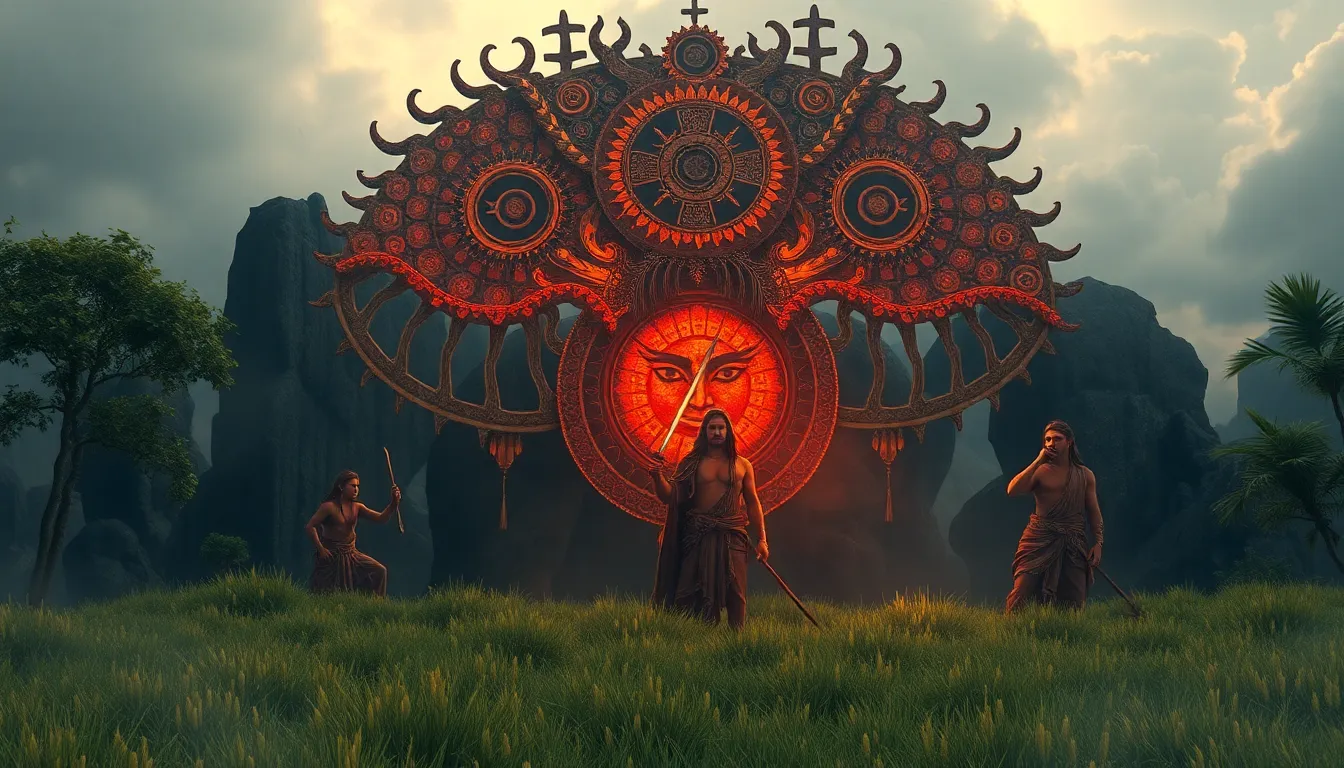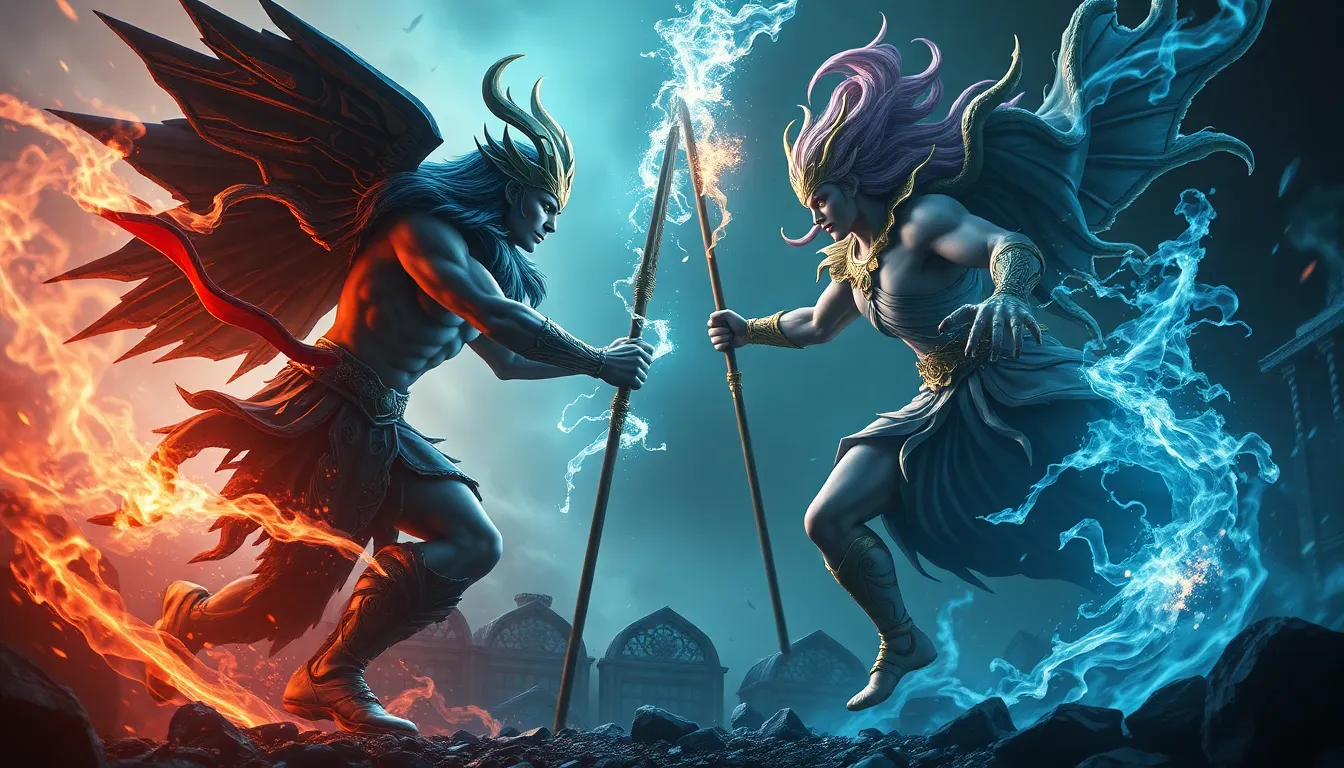Exploring Roman Mythology: Gods of War and Wisdom
In Roman mythology, gods held significant importance in the lives of the Romans, representing various aspects of life and virtues. Among the prominent deities were the gods of war and wisdom – Mars and Minerva. Let’s delve into the fascinating realm of Roman mythology and learn about these powerful figures.
Mars – The God of War
When it comes to war and military prowess, Romans revered Mars as the god of war. Revered as the father of Romulus and Remus, the legendary founders of Rome, Mars symbolized the military might, courage, and victory in battle. He was often depicted wearing a helmet and carrying a spear, embodying the essence of warfare.
Temple of Mars, many festivals were held in his honor, including the fierce celebrations during the March month (Martius), which was named after him. Romans prayed to Mars for protection in battles and sought his divine intervention before wars. Mars was not only a symbol of conflict but also of agricultural abundance, as he was associated with springtime growth and fertility.
Minerva – The Goddess of Wisdom
In contrast to the might of Mars, Minerva symbolized wisdom, strategic warfare, and crafts. She was portrayed as a goddess of intelligence, arts, trade, and defense tactics. Often associated with the Greek goddess Athena, Minerva was revered for her strategic prowess and keen intellect.
Minerva was believed to have taught humanity various skills, including weaving, pottery, and music. Romans looked up to Minerva for guidance in decision-making, wisdom in warfare, and protection in intellectual pursuits. Her sanctuary on the Aventine Hill in Rome, known as the Temple of Minerva Medica, was celebrated as a center of wisdom and healing.
Legacy of Mars and Minerva
The influence of Mars and Minerva transcended into Roman art, culture, and even politics. Their divine attributes shaped the Roman mindset towards warfare, wisdom, craft, and governance. Temples dedicated to these gods served as focal points for religious ceremonies and civic gatherings, reinforcing the values they embodied.
Even today, the symbolism of Mars and Minerva continues to resonate, inspiring discussions on the balance between strength and intellect, power and wisdom. Their stories and characteristics offer insights into the complexities of human nature and the eternal quest for harmony between warlike tendencies and intellectual pursuits.
FAQs about Roman Mythology: Gods of War and Wisdom
Who are the main Roman gods of war and wisdom?
In Roman mythology, the main gods of war and wisdom are Mars and Minerva. Mars is the god of war, embodying military power and valor, while Minerva is the goddess of wisdom, representing strategic warfare, intellect, and craftsmanship.
What are some symbols associated with Mars and Minerva?
Mars is typically depicted with a sword, shield, and armor, symbolizing strength and protection. On the other hand, Minerva is often represented with an owl, symbolizing wisdom, as well as a shield and spear, representing her role in battle strategy.
What stories or myths are commonly associated with Mars and Minerva?
One of the well-known myths involving Mars is his affair with Venus, the goddess of love, leading to the birth of Cupid. Minerva is often linked to the myth of the weaving contest with Arachne, where she demonstrates her wisdom and craftsmanship by transforming Arachne into a spider.
How were Mars and Minerva worshipped in ancient Rome?
Mars had a significant presence in Roman warfare rituals and ceremonies, where soldiers prayed to him for victory in battle. Minerva was revered for her role in strategic warfare but also as the goddess of wisdom and arts, with temples and festivals dedicated



